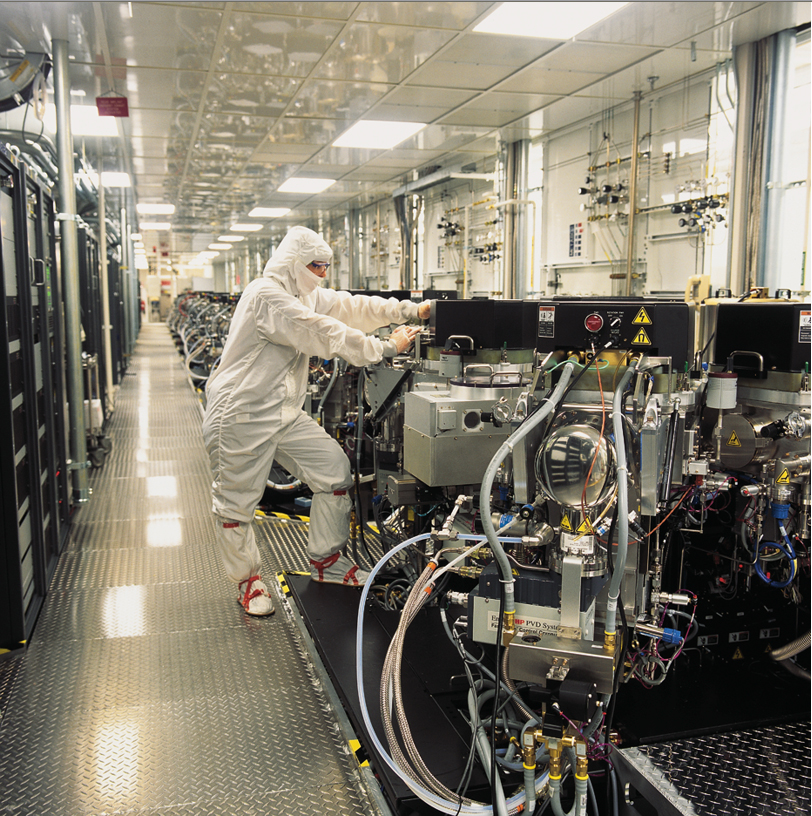I try to blog weekly, most often on Monday or Tuesday. Next Tuesday is, of course, the long-anticipated presidential election, and not the ideal time for posting one of my wholly non-political posts. (They're all non-political, if you hadn't noticed.)
So: today it is. And yet, this post -- while entirely non-political -- has its electoral echoes ...
And some quite personal remembrances, too.
Yesterday I attended an
IEEE meeting (IEEE being the the Institute of Electrical and Electronics Engineers, a professional society of which I've been a member for 40+ years). That itself isn't especially newsworthy, but the session's topic -- basically the past, present, and future of computer memory -- sure spoke to me. Especially the first talk: "Memories of memories."
 |
| An Intel 1103 chip |
In 1972, during my master's program in computer science, I chose to do independent study in computer memory. Semiconductor memories existed then -- just barely -- as in the Intel 1103 chip. It held an entire kilo
bit. Large-scale systems and any application requiring high reliability relied on magnetic memory, most often magnetic-core memory. That semiconductor memories
would supplant magnetic technologies was then far from certain.
In 1973, my MS newly completed, I began working at Bell Labs. Telephone switches are both large scale
and high reliability, and magnetic memory was the standard. (Our system used magnetic wire memory, rather than magnetic core -- the distinctions not being important to this narrative). Not coincidentally, I was assigned to the team working to introduce semiconductor memory to the telephone switch. Another part of the company handled the memory chip itself, but I designed some of the supporting/surrounding circuitry, analyzed possible failures and their system-level effects, and wrote much of the related software for fault recognition, system reconfiguration, and subsystem-level fault isolation.
So, definitely, that "Memories of memories" presentation spoke to me. As
for an election tie-in, my independent study overlapped the
consequential 1972 election. The summer of 1973, just before I started
at Bell Labs, was in large part spent (in competition with finishing my thesis) glued to a TV watching the
Watergate hearings.
Another presidential-election connection: The field trial of a switch with the new memory was in 1974 or '75 (I forget which), at an AT&T office in Macon, GA. I was onsite one night when a hardware fault --
not in anything I'd had any part of, I'm happy to say -- crashed the switch. That outage disrupted long-distance service for, among other locations, a nearby little town called Plains. If that name
doesn't ring a bell (telephone pun of course intended), Plains was the home town of -- and campaign headquarters for -- a certain aspiring Georgia governor: Jimmy Carter.
 |
| Memory fab (file photo) |
I was, however, interested in more than "Memories of memories" from yesterday's session. The specific agenda item that had assured my participation was the group tour of the
Micron Technology factory. (Micron is one of the biggest memory-chip manufacturers in the world, and the largest in the US.) I think any engineer gets a kick out of touring any large engineering project, whether factory, power generation, or construction. But to see a semiconductor factory had a particular resonance for me. So off we go for another visit to the past ...




































